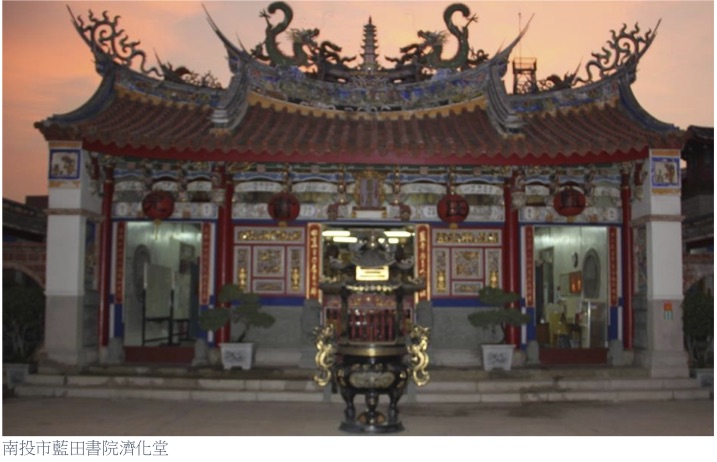*** Please note the change of venue from that previously advertised ***
2022 Chuan Lyu Lectures in Taiwan Studies
Professor Philip Clart, Leipzig University
Religions in Contemporary Taiwan: Positioning the Sacred in a Secular Society
May 12 (Thursday) Second Lecture
The Gods as Agony Aunts: Divination, Individual Problem-Solving, and Popular Religion in Contemporary Taiwan
[ poster ]
One of the most fundamental questions in Religious Studies surely is: “What do people believe?” Yet it is also one of the trickier ones to answer. Two common methods are interviews and questionnaires. The former can chart a particular individual’s belief system; the results of a large number of interviews with a representative selection of individuals may be extrapolated and produce a picture of typical beliefs held in a larger population. This kind of survey can, of course, also be achieved by means of questionnaires, and social scientific studies of religious beliefs typically combine both methods by using a large number of questionnaires to gain an overview and identify key groups from which individuals need to be selected for in-depth interviews. These methods have one key problem: They are initiated by researchers and tend to emphasise notions and questions that are relevant first of all to them, and not necessarily to the research subjects. While this bias may be addressed by using unstructured or semi-structured interview formats, these tend to produce data that are not easily comparable and generalisable. The lecture introduces a different body of data that holds great promise for the study of popular beliefs, consisting of thousands of records of individual divination sessions published in the magazines of Taiwanese spirit-writing cults, so-called phoenix halls (luantang 鸞堂). These texts were initiated not by researchers, but by believers themselves in the form of questions posed to the presiding deities of the phoenix halls in question, and can thus be assumed to reflect faithfully the religious concerns of the individuals in question. At the same time, the large number of such records makes it possible to categorise and tabulate the questions (and their answers) and derive from them a general view of key notions and issues in popular belief in Taiwan, of the relative importance of particular beliefs, and of their changes over time in the recent past.
Philip Clart is Professor of Chinese Culture and History at Leipzig University. He is the author and editor (or co-editor) of several books in the field of Chinese religions, including Religion in Modern Taiwan: Tradition and Innovation in a Changing Society (2003); Han Xiangzi: The Alchemical Adventures of a Daoist Immortal (Seattle, WA: University of Washington Press, 2007); The People and the Dao: New Studies of Chinese Religions in Honour of Daniel L. Overmyer (2009); Chinese and European Perspectives on the Study of Chinese Popular Religions (2012); Religious Publishing and Print Culture in Modern China: 1800–2012 (2015); Daoism and Local Cults: Rethinking the Paradigms (2020); Text and Context in the Modern History of Chinese Religions: Redemptive Societies and Their Sacred Texts (2020); Book Culture from China: Traces in Leipzig (2021). He has served in various capacities as a leader in the scholarly research on Chinese religious life, most notably as a long-time book-review editor (2002–14) and then editor (since 2015) of the Journal of Chinese Religions, the flagship journal of the Society for the Study of Chinese Religions (SSCR). During his stay as a Beaufort Visiting Fellow at St John’s College during Michaelmas and Lent terms this academic year Professor Clart was working on completing a new book entitled The Continuing Adventures of Han Xiangzi: Folk Literature and Religion in China (17th–20th c.). Professor Clart has been doing research on and in Taiwan for almost thirty years, starting with his doctoral research on spirit-writing cults in Taiwan. More recently he has been researching on religious museums in Taiwan.
The annual Chuan Lyu Lectures in Taiwan Studies is generously funded by the Chuan Lyu Foundation.
| Contact |
|---|
| Professor Adam Yuet Chau: ayc25@cam.ac.uk |

